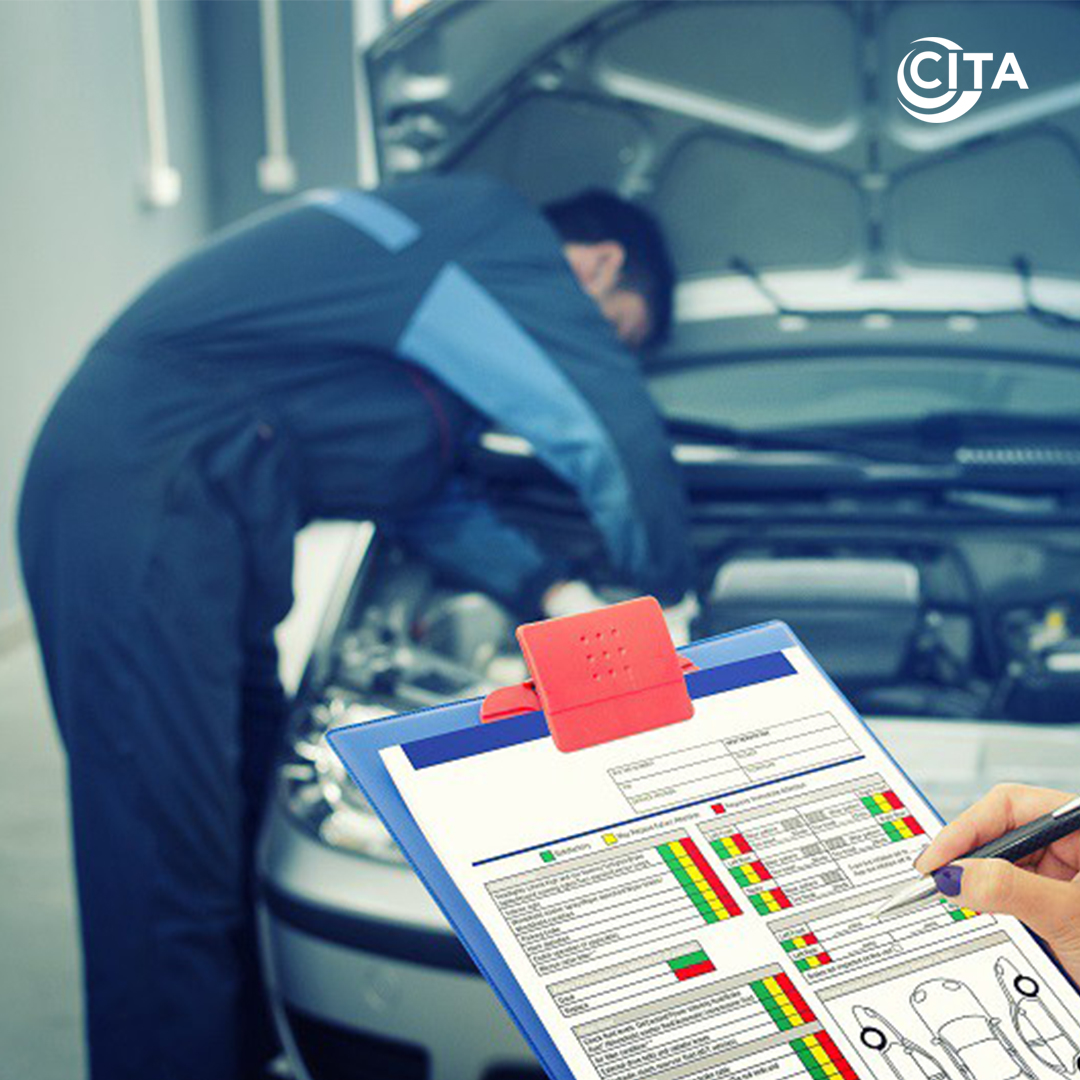Implementation report on the #roadsafety aspects of the Roadworthiness Package adopted
 The implementation report on the road safety aspects of the Roadworthiness Package was adopted by the European Parliament, last 27 April 2021.
The implementation report on the road safety aspects of the Roadworthiness Package was adopted by the European Parliament, last 27 April 2021.
The roadworthiness package adopted in 2014, and applied since 2018, is composed of three directives, focused on periodic roadworthiness tests, technical roadside inspections of commercial vehicles and vehicle registration documents.
To increase the safety and to reduce the deaths and serious injuries on Europe’s roads, the package introduced minimum frequency for Periodic Technical Inspections of vehicles and a minimum list of items to be tested as well as equipment to be used during testing; mandatory controls of electronic safety components (such as ABS or air-bags, and measures to combat mileage fraud).
These current EU rules on periodic vehicles inspections need to be updated due to the emerging implementation shortcomings and new safety systems for cars.
This resolution on the road safety aspects of the Roadworthiness Package acknowledges that the implementation of the EU rules has helped to improve the quality of the periodic technical inspections, thus contributing to road safety.
However, MEPs call on the EU countries to make the exchange of information on roadworthiness testing and odometer readings easier, stressing the development of a new Vehicle Information Platform could expedite information sharing. In addition, EU citizens should be better protected from fraud and have full information on the history of their cars, therefore Transport MEPs want information on accidents and the frequency of significant malfunctions to be also shared amongst the EU countries.
Falling cases of roadside inspections of commercial vehicles during the last six years and cuts in national budgets for road safety enforcement is a very worrying trend, the text says. It calls on the EU countries to step up their efforts to reach 5% minimum inspection target (share of registered vehicles on their territory) as committed back in 2018. The text also advocates conducting the roadside inspections for two- or three-wheel vehicles as motorcyclists are considered vulnerable road users, and the fatality among them decreases the slowest among all vehicles users in the EU.
New cars will have to be equipped with the new advanced safety and driver assistance systems from 2022, the report calls on the Commission to include them as well as eCall, a lifesaving emergency call device, within the scope of future periodic vehicle checks.
MEPs also ask the Commission to consider within the upcoming revision of current rules to include new modes of transport – e-scooters, one-wheels or hoverboards.

